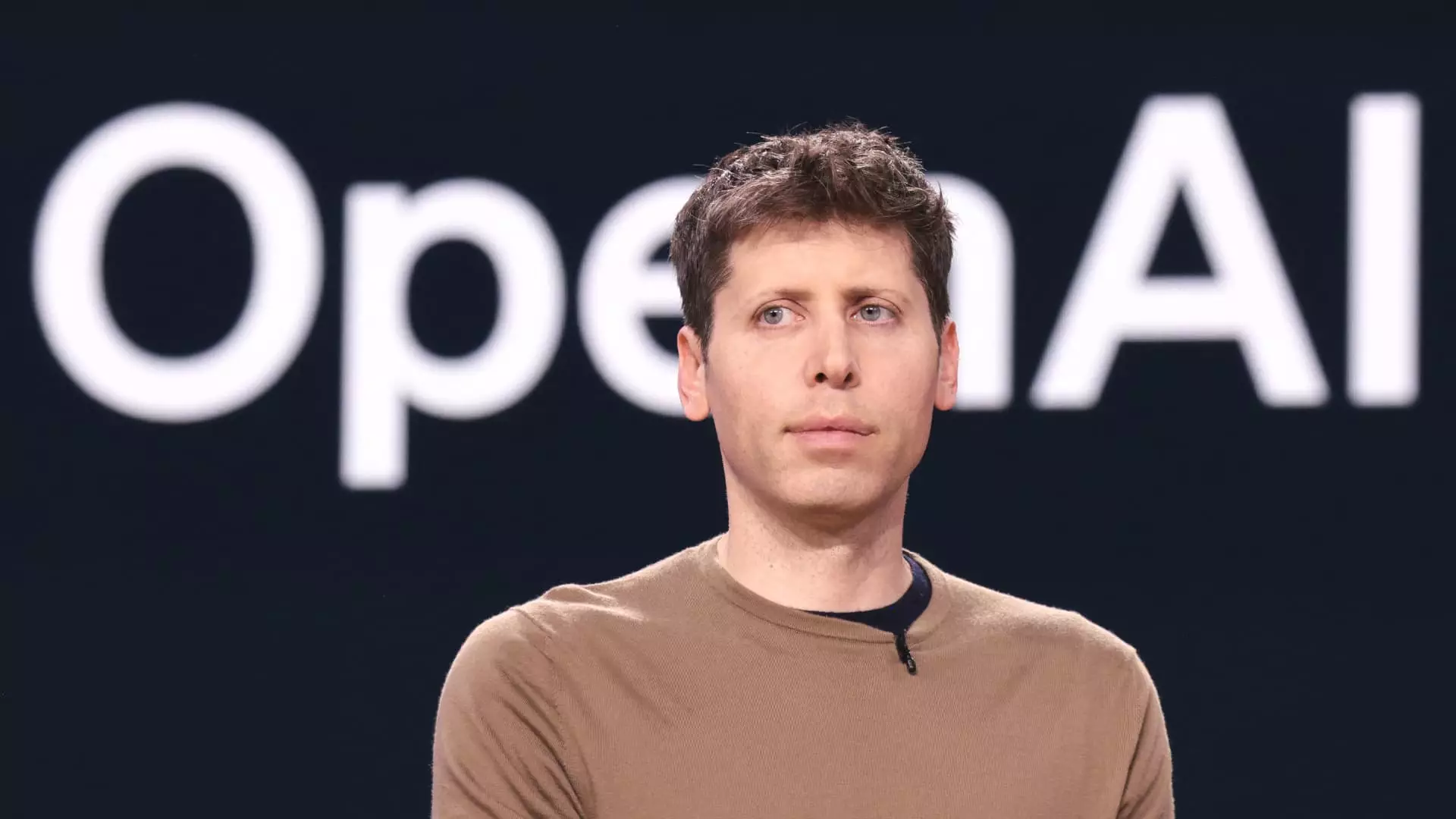OpenAI recently faced backlash for a controversial decision that required former employees to choose between signing a non-disparagement agreement or forfeiting their vested equity in the company. The internal memo, which was shared with current and former employees, stated that individuals could retain their vested units without signing the non-disparagement agreement. In a statement to CNBC, an OpenAI spokesperson explained that the company would no longer enforce non-disparagement or non-solicitation contract items for departing employees. This change in policy reflects OpenAI’s commitment to transparency and fairness in its departure process.
OpenAI faced additional scrutiny amidst controversy surrounding its ChatGPT audio voices. Following the release of a voice named “Sky” that bore similarities to actress Scarlett Johansson’s voice in the movie “Her,” OpenAI decided to remove the voice from the platform. The company acknowledged concerns about voice selection in ChatGPT and took steps to address them by pausing the use of the controversial voice. This decisive action demonstrates OpenAI’s responsiveness to feedback and its dedication to ethical practices in developing artificial intelligence technology.
In a surprising move, OpenAI disbanded its long-term risks team only a year after its formation. Team members, including leaders Ilya Sutskever and Jan Leike, are being reassigned to other teams within the company. Leike criticized OpenAI’s prioritization of product development over safety culture, highlighting concerns about the organization’s decision-making processes. The dissolution of the long-term risks team raises questions about OpenAI’s approach to mitigating potential risks associated with advanced AI systems.
Despite the disbandment of the long-term risks team, OpenAI’s Superalignment team remains committed to addressing challenges related to controlling AI systems smarter than humans. Formed last year, the team aims to make scientific and technical breakthroughs in steering and managing advanced AI technologies. OpenAI’s dedication to allocating computing resources to the Superalignment team underscores the company’s ongoing efforts to enhance the safety and efficacy of AI systems.
OpenAI’s recent actions reflect a willingness to reassess its policies and practices in response to internal and external feedback. By reversing its decision on non-disparagement agreements, addressing controversies surrounding ChatGPT, and reshuffling team priorities, OpenAI demonstrates a commitment to ethical conduct and transparency in the development of artificial intelligence technologies. As the company navigates evolving challenges in the AI landscape, its decisions and initiatives will continue to shape the future trajectory of AI innovation and responsible development practices.



Leave a Reply